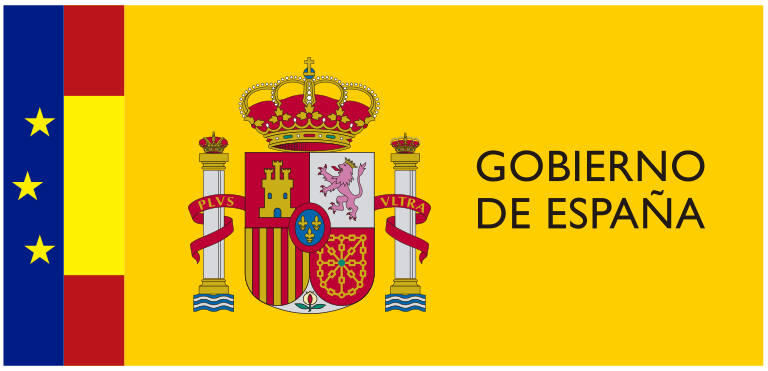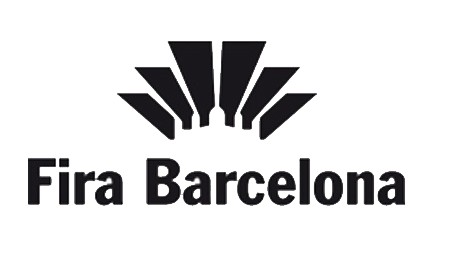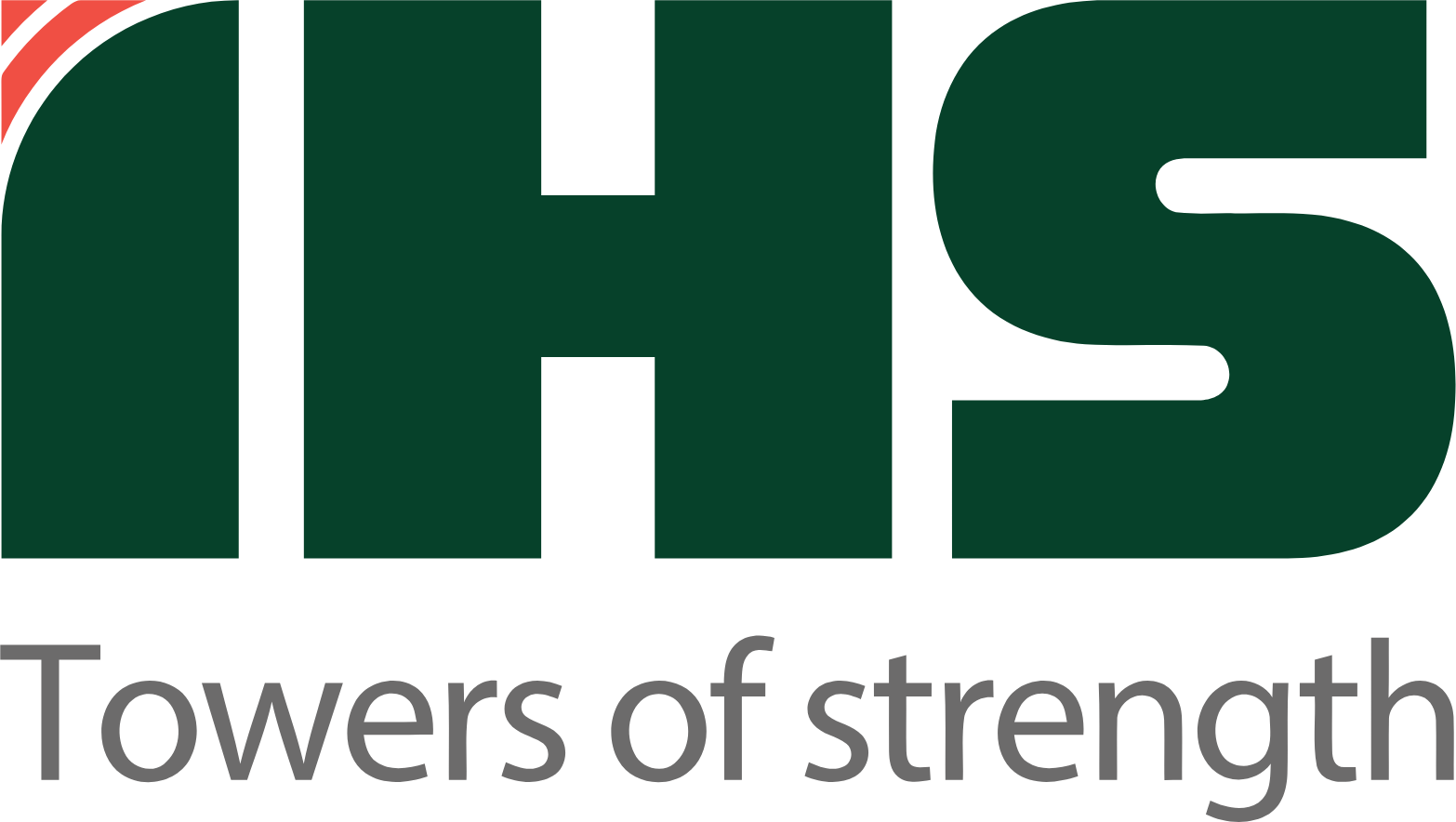Supporting governments to connect every school in the world.
A joint partnership between UNICEF and ITU to connect every school to the internet and every young person to information, opportunity and choice.
Latest news
One in three people — 2.2 billion — remain offline.
Without connectivity, millions of children lose the chance to learn and thrive. Closing this divide demands global cooperation and a shared commitment to digital inclusion.
Without connectivity, millions of children lose the chance to learn and thrive. Closing this divide demands global cooperation and a shared commitment to digital inclusion.
Established in 2019, Giga develops open-source solutions to boost school connectivity efforts worldwide.
Our solutions are divided into four pillars, all supported by capacity development for stakeholders:
mapping schools, modeling the requisite infrastructure, mobilizing finance and contracting for connectivity.
Giga’s achievements in collaboration with governments and partners since launching in 2019.
2.2M
schools mapped
106.3K
schools reporting real-time connectivity
46
countries engaged with Giga
9
countries where infrastructure mapping and modeling has been completed to foster effective school connectivity. 21 countries where that work is underway.
Let’s build a connected future together

Giga is made possible through the collaboration of UN agencies, governments, public and private sector partners, and local communities.
































